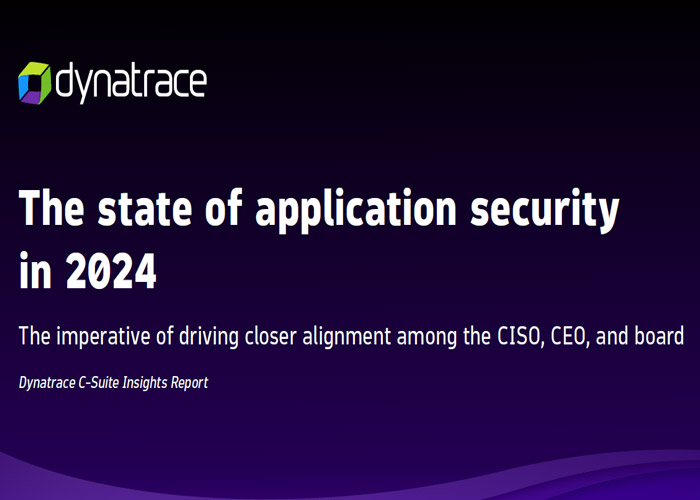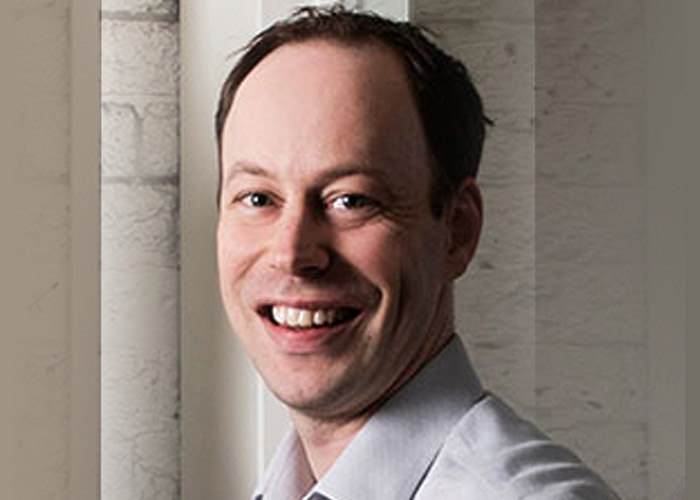As work becomes more complex and automated, Australian business leaders seek new strategies to boost productivity while lifting the job satisfaction of their employees, an iTnews podcast on leadership has heard.
Salesforce technology evangelist Derek Laney spotlighted how demographics, expectations and demands in the workplace led to a tectonic shift in how leaders motivated and inspired their teams.
Emergent tools such as artificial intelligence boosted productivity but a leader’s ability to behave with empathy was still No.1 for employee job satisfaction.
“As complex work is starting to become more of our every day, simple things are being automated,” said Laney, a senior executive at the AI-powered workplace platform owned by Salesforce.
“And what’s left tends to involve a lot more human collaboration and a number of systems to bring information together. The simple stuff is being automated, which is making what’s left much more complicated.”
Creating safe space where trust reigns key to high-performing teams
Leaders must build trust, transparency and accountability in their relationships with workers to leverage artificial intelligence, he said. Creating psychologically safe work environments where people were comfortable sharing openly was key.
Working “out in the open” was now the norm, he said.
“Teams feel more supported by managers who trust they’re accountable for delivery; workers who can deliver outcomes trust they’ll be credited its value,” Laney said.
“Leaders need to look less at the inputs and more at the outcomes of a worker to understand their value.”
Diversity and inclusion were highlighted as ways for teams to achieve superior outcomes.
“As we hire in a more diverse way, we build a broader palette; then tools like Slack enable us to leverage that human capital when we need it in our teams,” Laney said.
Centralising information to streamline decision-making productivity key
The podcast heard that business leaders centralising information through collaboration platforms such as Slack benefited from streamlined communication that boosted productivity while encouraging accountability.
For instance, Slack AI tools summarised updates and answered questions in Slack channels. They also took notes to share with participants and stakeholders. AI slashed the time to catch up on critical information.
With all this support, the goal of high-performing leaders was to minimise “performative” and largely useless work so employees focused on outcomes.
As knowledge work became more complex, human-centred leadership strategies were critical for future high performance.
Centralising information, building trust and valuing diverse work styles optimised productivity in the digitally transformed workspace, Laney said.
Laney: “Trust creates speed and flexibility”.
If you want to learn how Slack helps you to create and sustain high-performing teams, head to the iTnews podcast with Derek Laney [published podcast link] at itnews.com.au and click on the podcast tab at the top.










